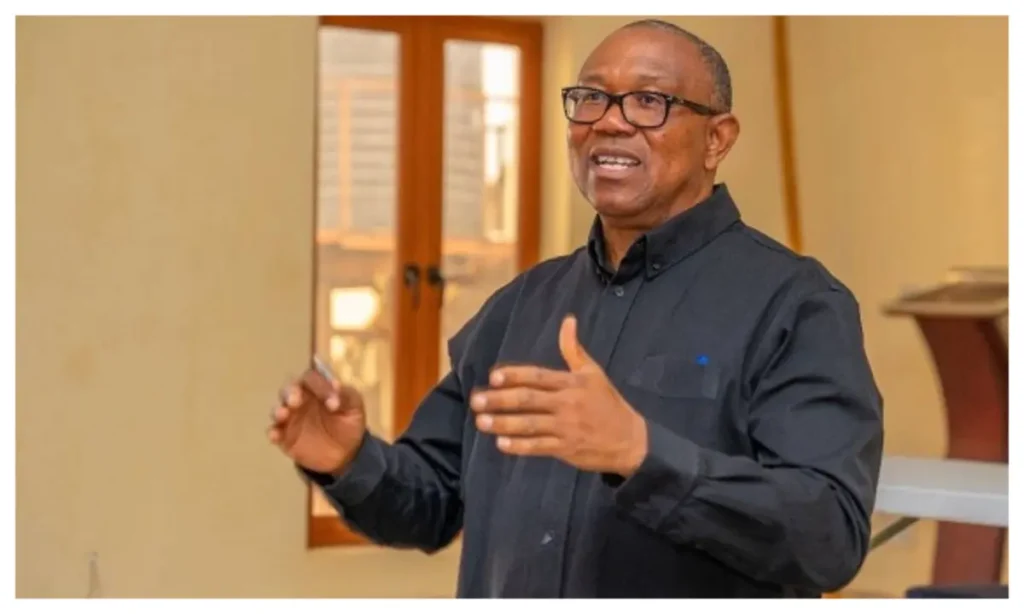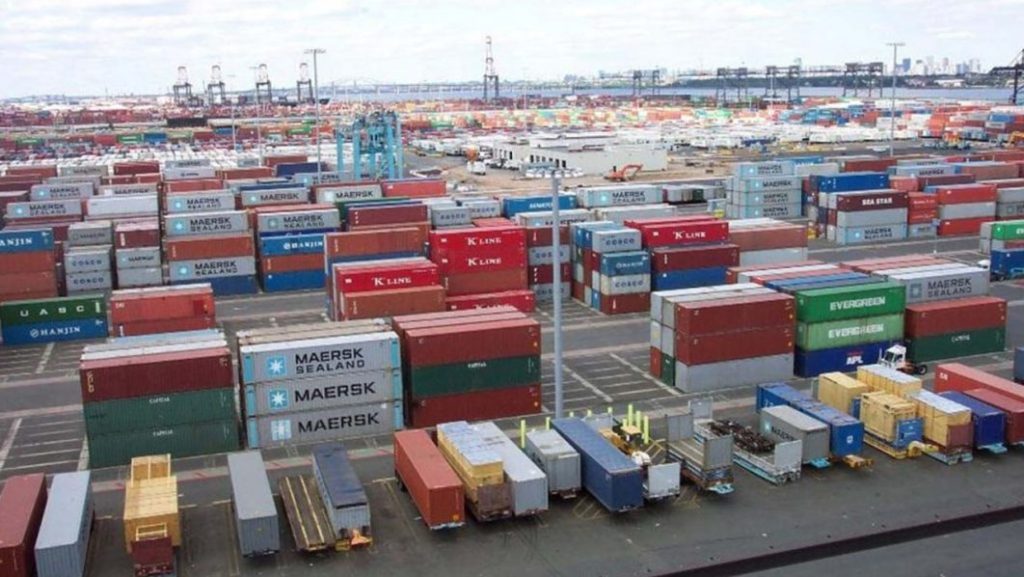The Port Reforms Advocacy Network (PRAN) is urging stakeholders in Nigeria’s maritime and trade sectors to support the reforms led by the Nigerian Ports Authority (NPA) Managing Director, Abubakar Dantsoho. The network emphasizes the importance of consolidating gains in non-oil exports to reduce the nation’s reliance on crude oil revenue.
According to a statement issued by PRAN President Prince Chijioke Adimora, the Managing Director’s efforts to modernize port infrastructure and digitize operations have significantly contributed to the transformation of Nigeria’s seaports into drivers of economic growth and global competitiveness. Adimora cited figures presented by Dantsoho at the United Nations General Assembly, which indicate a 19.6 percent growth in non-oil exports during the first half of 2025, attributed to increased efficiency at Nigeria’s seaports.
This development underscores the critical role of maritime gateways in boosting Nigeria’s economy. The introduction of paperless transactions, e-tag verification, and electronic call-up systems at the Lagos Port Complex has been particularly noteworthy, reducing cargo dwell time, improving traffic flow, and restoring investor confidence. Additionally, the NPA’s investment in sustainable and modern operations, including shore-to-ship emission reduction at Lekki Port and the commissioning of new tugboats and marine crafts, is expected to support mega facilities like the Lekki Deep Seaport and the Dangote Refinery.
The planned launch of a Port Community System by 2026 is also anticipated to enhance the long-term viability, efficiency, and competitiveness of Nigeria’s ports, positioning them as a hub for regional and international trade. The NPA’s forward-thinking approach, as exemplified by these initiatives, is expected to have a lasting impact on the nation’s economy. As Nigeria continues to diversify its economy and reduce its dependence on crude oil, the success of these reforms will be crucial in achieving this goal.



